12 Nostalgic 2000s Flicks That Low-Key Aged Like Milk
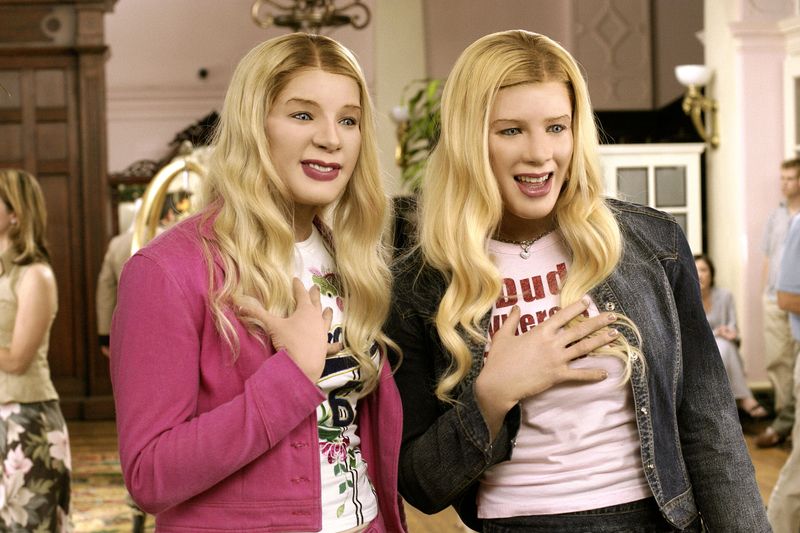
The 2000s were a transformative time for film, bringing us memorable comedies and teen flicks that quickly became cultural touchstones. However, as society has evolved, so too have our perceptions of what’s considered acceptable or humorous. Many beloved films from this era now feel awkwardly outdated or even problematic. From objectifying humor to tone-deaf portrayals of social issues, these films remind us of how much the cultural landscape has shifted. This list revisits 12 movies from the 2000s that once captured the zeitgeist but now feel like relics of a bygone era. Here’s a look at these nostalgic flicks that haven’t aged gracefully.
1. American Pie (1999–2001 sequels)
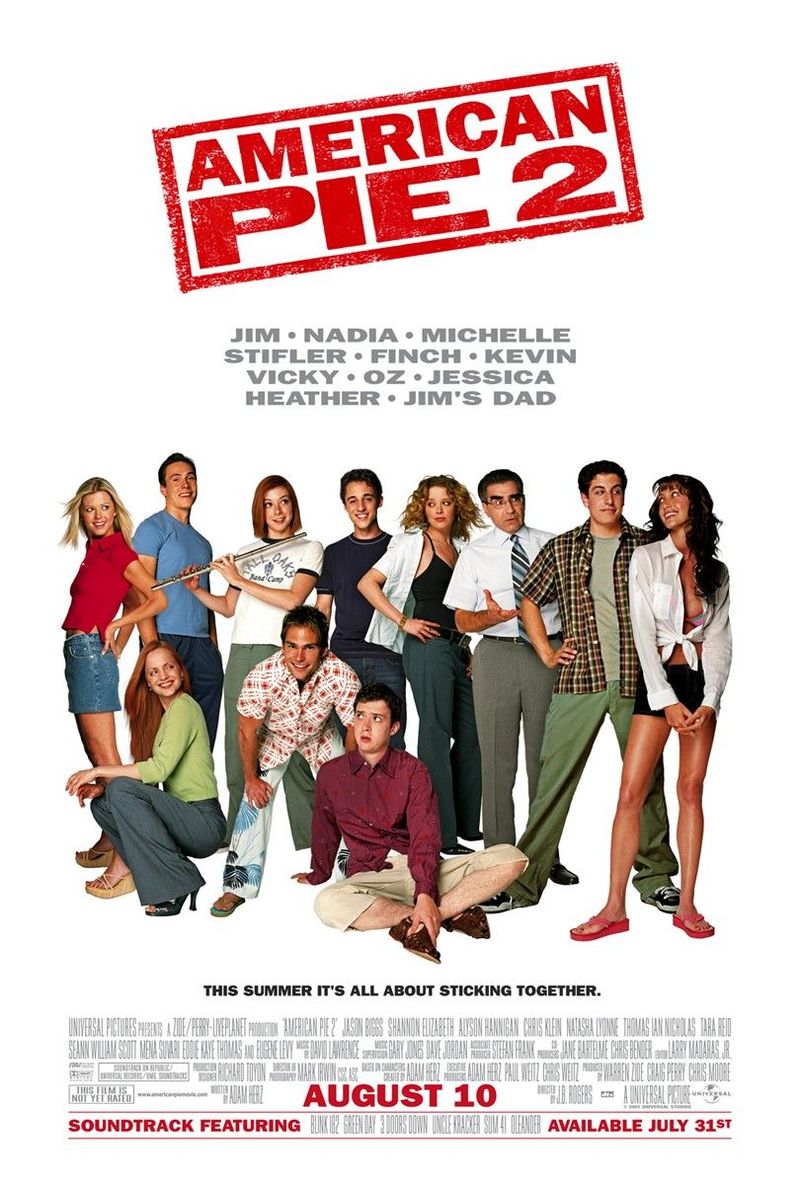
American Pie once defined teen comedy, epitomizing the carefree spirit of late ’90s and early 2000s youth. Its daring, often crude humor was groundbreaking, capturing the awkwardness of adolescence. However, in today’s context, its jokes about invasiveness and objectification feel misguided, overshadowing the nostalgic charm.
Scenes once seen as harmless pranks have aged poorly, especially in the wake of movements advocating for respect and consent. The franchise’s humor now feels more like a relic of a less conscious time.
Though it sparked a genre, American Pie’s legacy is mixed, reminding us how societal changes can render past media problematic.
2. The Girl Next Door (2004)
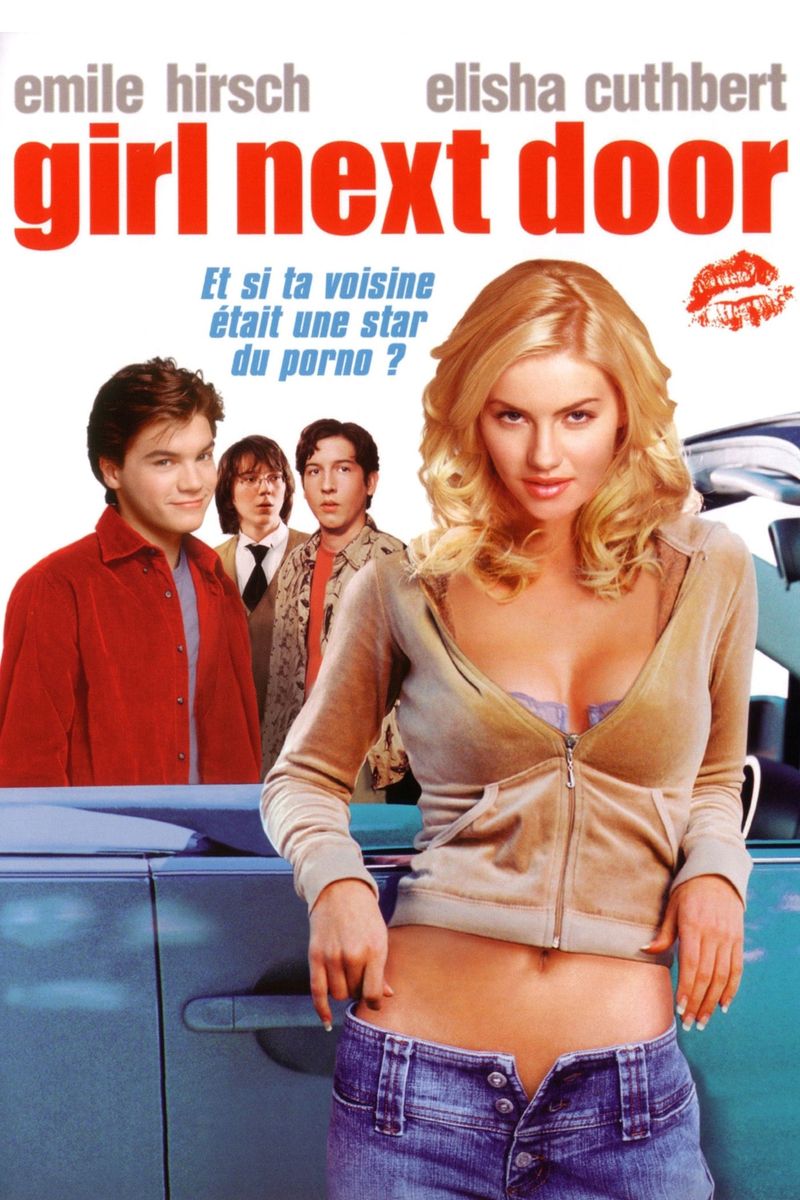
Imagine the thrill of discovering your neighbor is a former porn star. The Girl Next Door was a fantasy for many, but its portrayal of consent and agency now feels tone-deaf. The film aimed to blend humor with romance, yet its treatment of women as mere objects of desire grates today.
Its handling of autonomy seems clumsy, leaving viewers questioning its intentions rather than laughing at its gags. What was once seen as cheeky now feels awkward and unsettling.
The film’s legacy suffers as we reevaluate what truly constitutes comedy, making us reflect on how far we’ve come in media representation.
3. Wedding Crashers (2005)
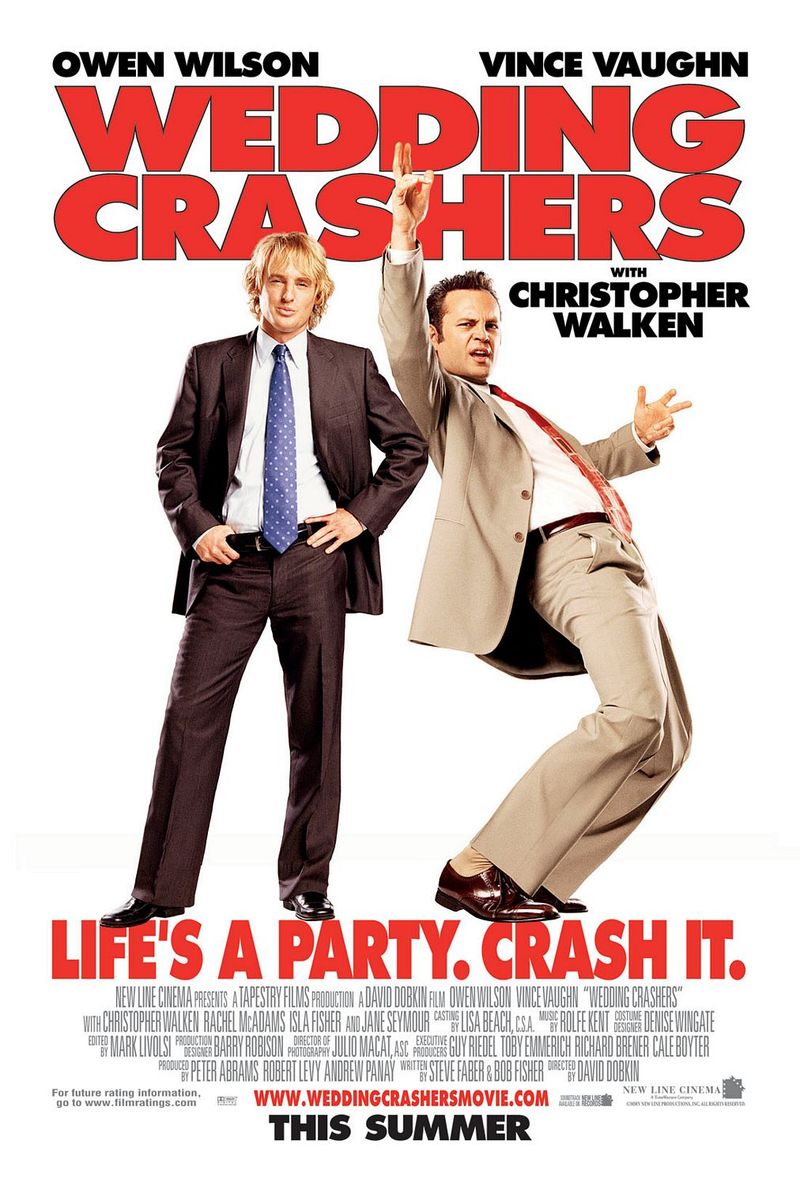
Wedding Crashers entertained audiences with its hilarity and charm, spinning the antics of two bachelors into comedic gold. But today, the premise of deceiving women to seduce them feels less charming and more creepy.
The duo’s escapades, filled with lies and manipulation, now raise eyebrows rather than laughs. Viewers might find themselves cringing at scenarios once deemed hilarious.
While the charisma of its leads remains, the film’s underlying themes struggle under modern scrutiny. It’s a stark reminder of how humor evolves and what was once funny can become cringe-worthy over time.
4. Mean Girls (2004)
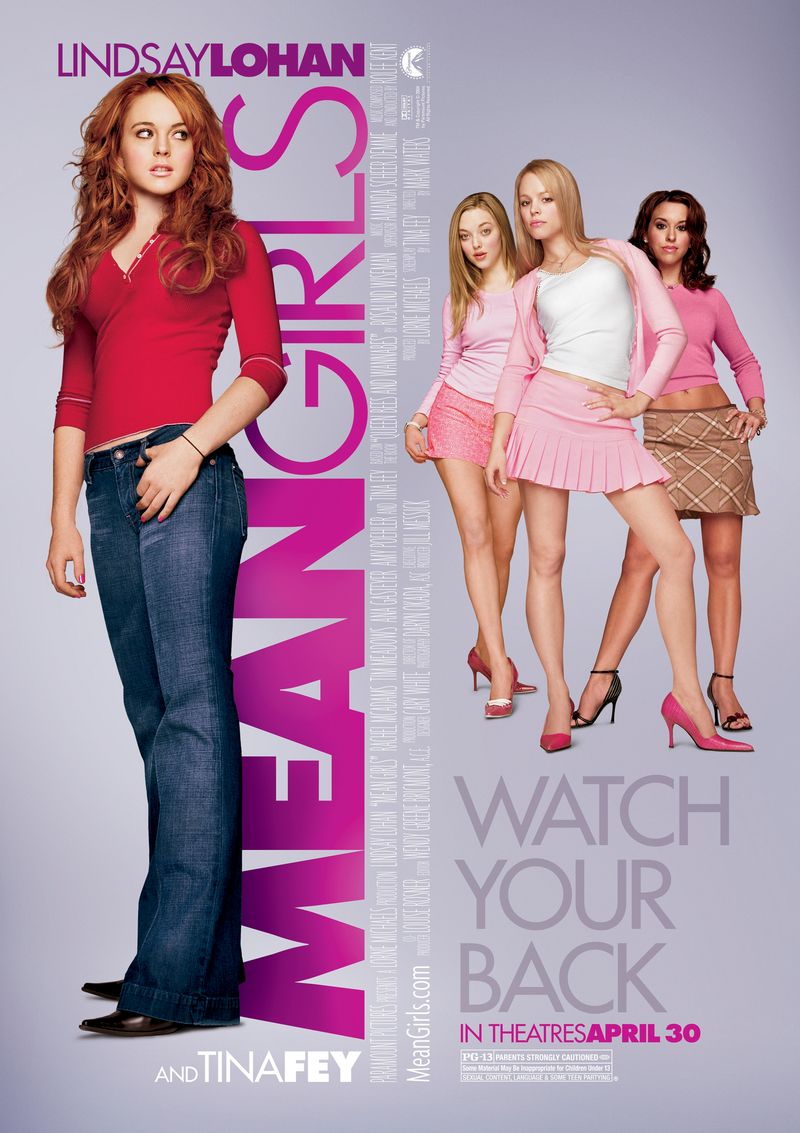
Mean Girls remains a pop culture phenomenon, endlessly quotable and influential. Yet, upon closer inspection, its portrayal of high school life reveals insensitivities. The film’s humor, laced with fatphobic jokes and racial stereotypes, feels harsh against today’s more inclusive backdrop.
Its biting social commentary is overshadowed by these outdated elements, even as it captures the essence of teenage drama. Fans still cherish it, but with a more critical eye.
While its impact endures, Mean Girls reflects a time when inclusivity wasn’t yet front and center, presenting a complex legacy of both admiration and criticism.
5. The Ugly Truth (2009)
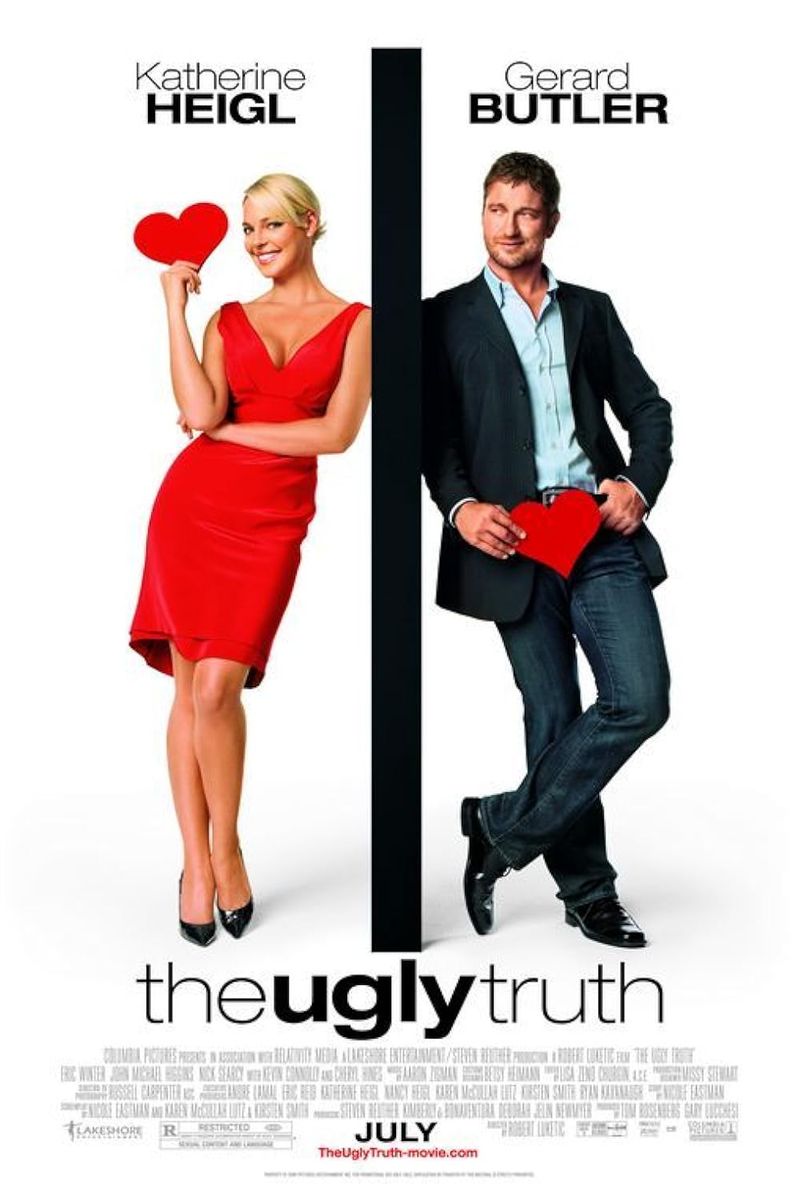
The Ugly Truth banked on the charm of its leads, Gerard Butler and Katherine Heigl, to deliver a battle-of-the-sexes comedy. However, its reliance on outdated tropes about men and women feels reductive now.
The film’s narrative pushes the idea that men are logical and women emotional, a concept that feels stale and overly simplistic. While the chemistry between the stars is undeniable, the script’s old-fashioned views overshadow their performances.
Audiences might find themselves questioning the film’s premise, wondering how it ever resonated so widely. Today, it serves as a reminder of how quickly societal norms can evolve.
6. Superbad (2007)
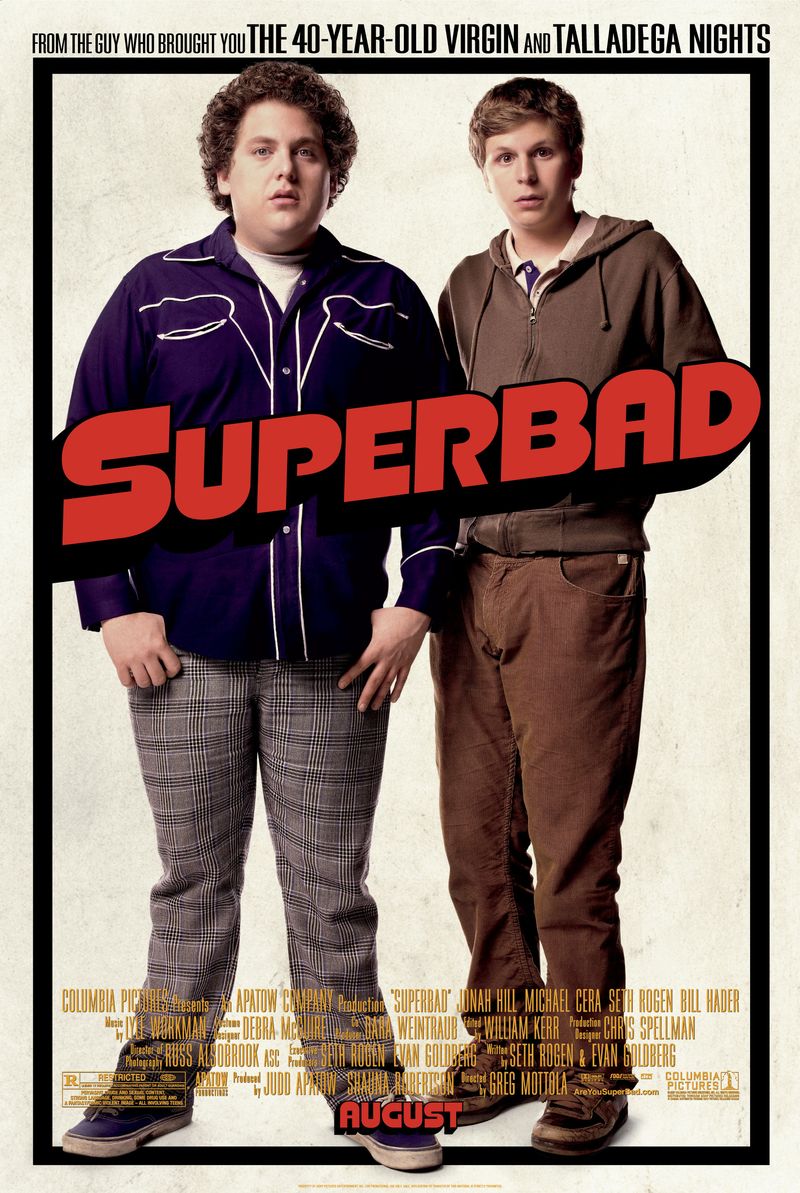
Superbad captured the essence of teenage awkwardness with its raunchy, endearing humor. Yet, its fixation on underage drinking and blurred-consent scenarios now feels uncomfortable.
The film’s portrayal of youth culture sparks nostalgia, but its jokes can seem misguided in today’s climate of increased awareness around consent. While its charm remains, viewers may cringe at humor once considered harmless.
Despite its status as a comedy classic, Superbad exemplifies how humor can age rapidly, reflecting societal changes in attitudes toward sensitive subjects, and prompting a reassessment of what makes comedy timeless.
7. Legally Blonde 2: Red, White & Blonde (2003)
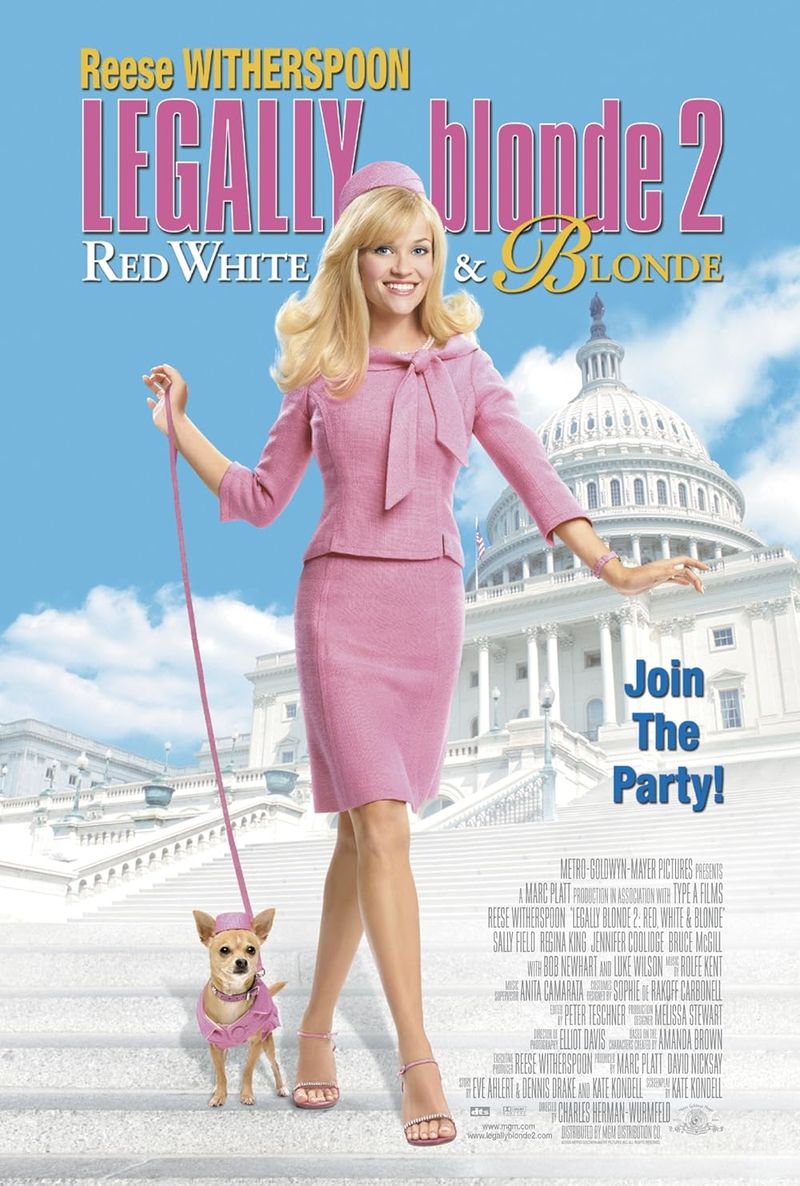
Legally Blonde 2 saw Elle Woods take on Washington, aiming to recreate the charm of the first film. However, the sequel fell short, with Elle becoming more caricature than character.
The sharpness that made her a feminist icon was replaced with superficial plots, diminishing the empowering message. Viewers might miss the depth and wit that defined her original journey.
While still beloved for its vibrant aesthetic, the film’s substance doesn’t match its predecessor, highlighting how sequels can struggle to capture original magic, especially when stripping away character complexity.
8. I Now Pronounce You Chuck & Larry (2007)
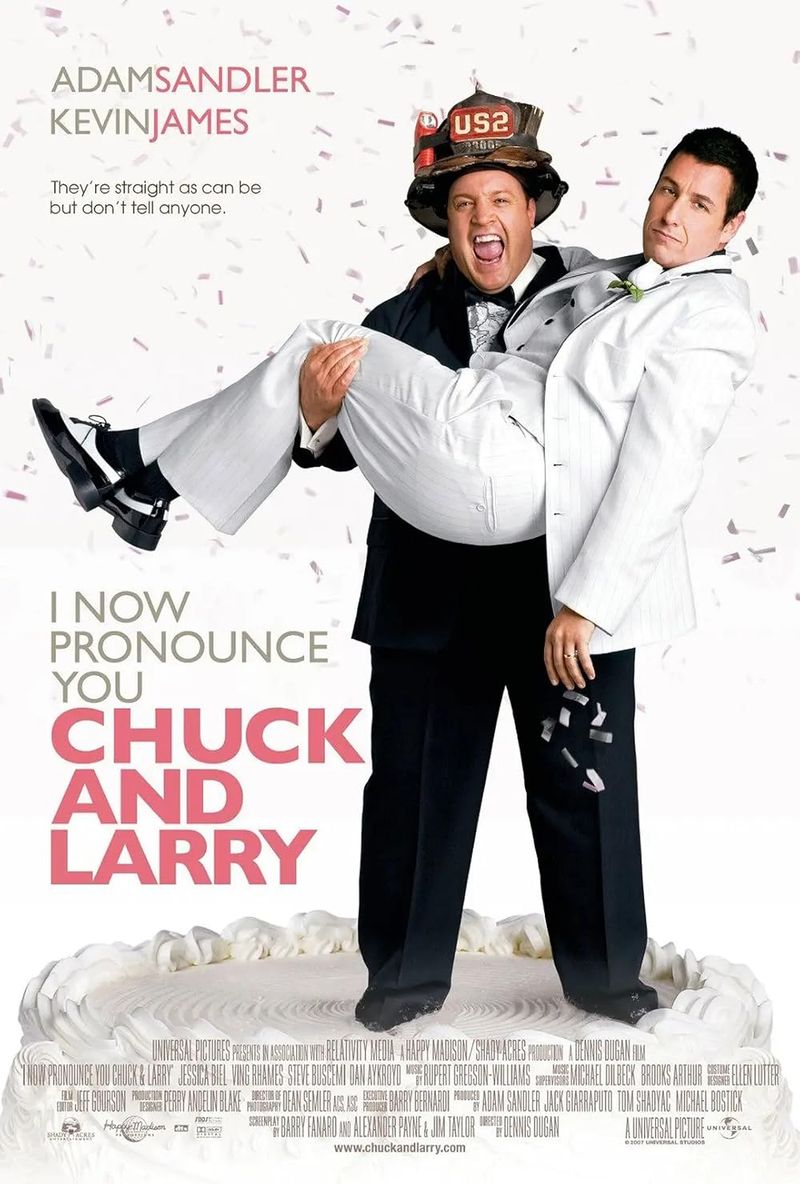
I Now Pronounce You Chuck & Larry tackled marriage and benefits with an edgy approach, featuring two straight men pretending to be gay. What was once seen as bold now feels insensitive.
The film’s reliance on homophobic jokes and stereotypes tarnishes its comedic attempts, overshadowing moments of genuine humor. Audiences today might find its portrayal of LGBTQ+ themes lacking progressiveness.
Though it attempted to address serious topics with humor, its execution feels clumsy, showcasing how films can quickly become outdated as societal attitudes shift toward inclusivity and understanding.
9. White Chicks (2004)
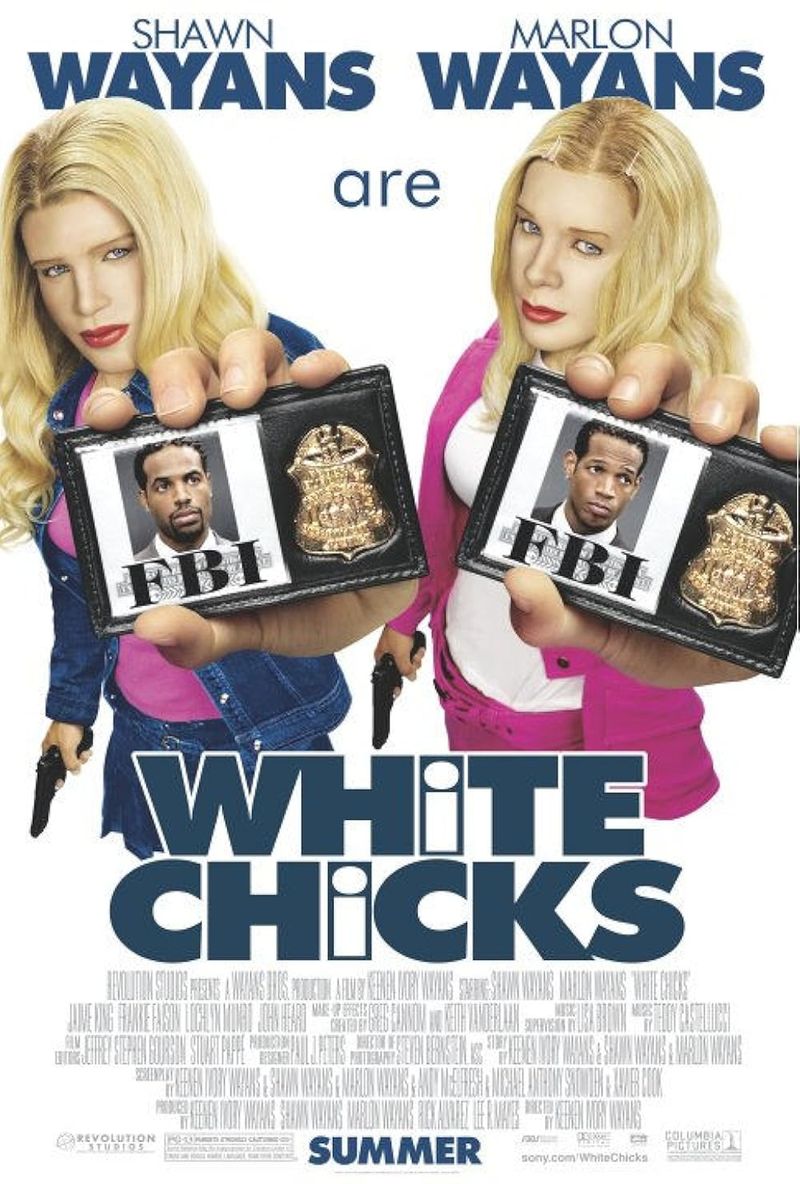
White Chicks delivered laughs with its outrageous premise and over-the-top humor. However, its reliance on racial stereotypes feels awkward today.
The film’s comedic disguises, once a source of hilarity, now seem uncomfortable in their exaggeration. While still loved by some, its portrayal raises questions about representation and sensitivity.
White Chicks remains a cult classic but also a reminder of how comedy can reflect the biases of its time, challenging audiences to reconsider what humor should and shouldn’t entail.
10. Love Actually (2003)
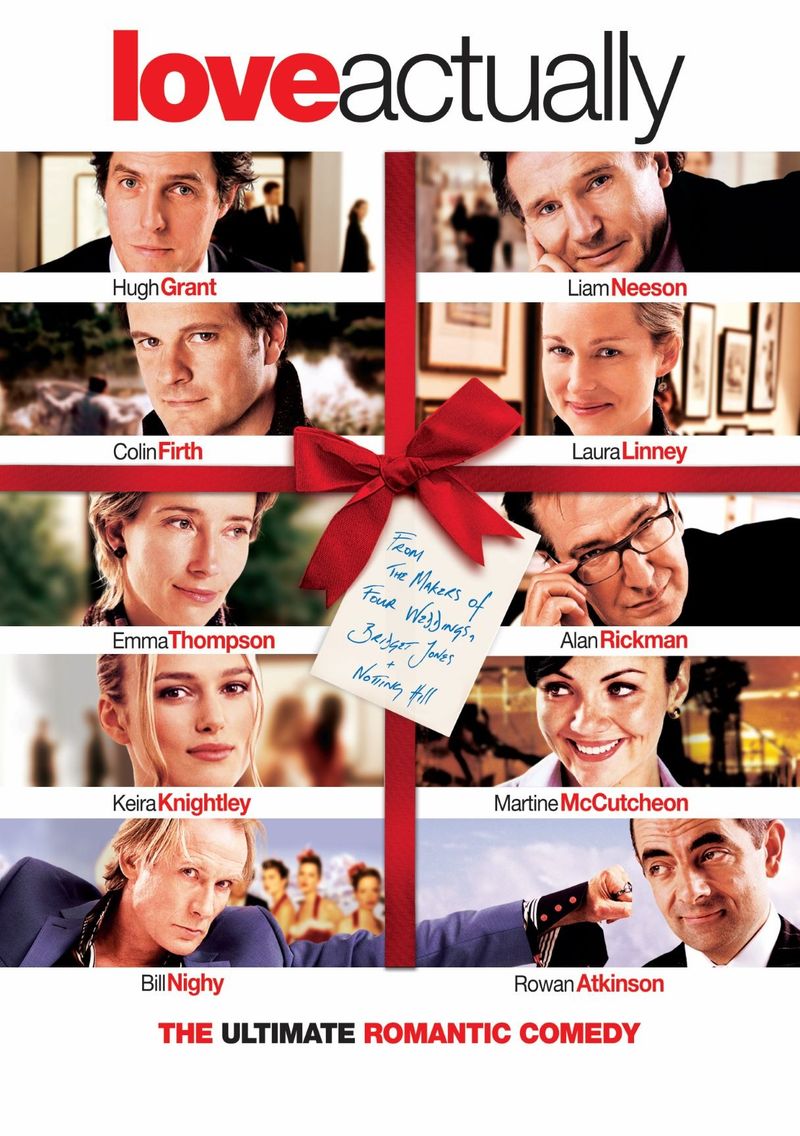
Love Actually enchants as a holiday staple, weaving various love stories into a charming tapestry. Yet, its fat-shaming jokes and significant age gaps make certain narratives feel dated.
The film’s exploration of love is overshadowed by power imbalances in some relationships, prompting reevaluation of its romantic ideals. Viewers may struggle with scenes once cherished.
Despite its heartwarming moments, Love Actually illustrates how films can both capture and clash with modern values, leaving audiences to navigate its mixed messages about love and relationships.
11. Not Another Teen Movie (2001)
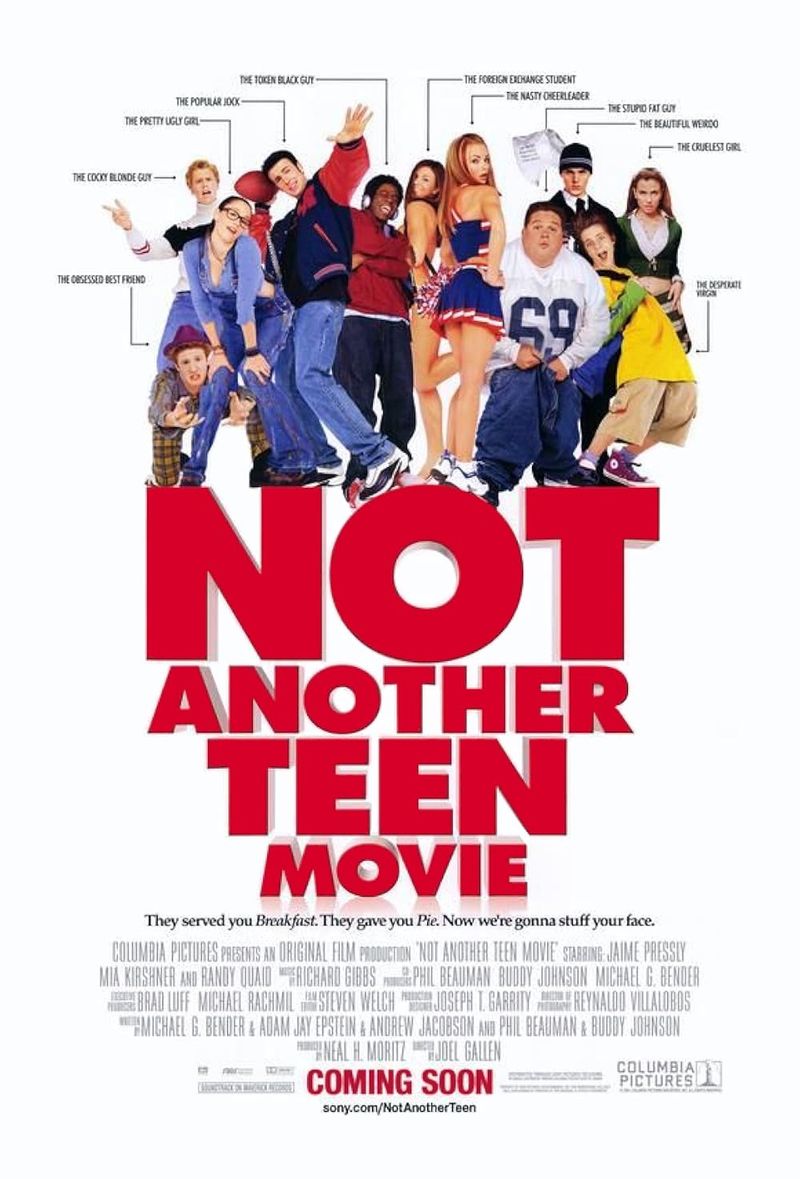
Not Another Teen Movie set out to spoof the teen genre, yet in doing so, replicated many of the same issues it intended to lampoon. Its sexist tropes and exploitative humor now feel uncomfortable.
The film’s parody loses impact when it mirrors the clichés it mocks, leaving audiences questioning its effectiveness as satire. Despite its comedic intentions, the portrayal can seem tone-deaf.
This film highlights the challenge of creating parody without reinforcing the very stereotypes it’s critiquing, reminding us of the fine line between satire and perpetuation.
12. The Hangover (2009)
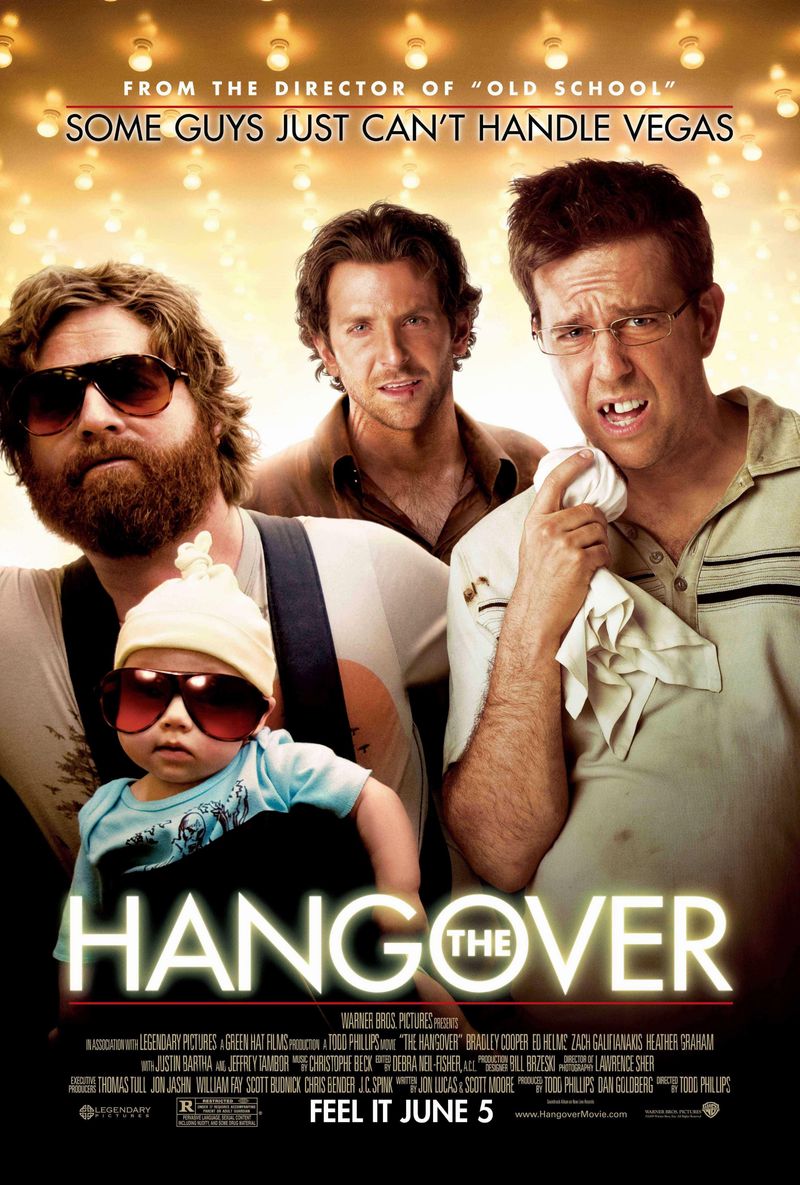
The Hangover became iconic with its reckless humor and wild plot, encapsulating the ‘anything goes’ spirit of its time. However, its jokes about gender, race, and sexuality feel dated now.
The film’s comedic chaos is overshadowed by tone-deaf elements, sparking reflection on what humor should entail. What once felt fresh can now seem problematic.
While it remains a milestone in comedy, The Hangover highlights the challenge of balancing humor with respect, prompting audiences to consider how cultural contexts shape our understanding of jokes and laughter.

Comments
Loading…